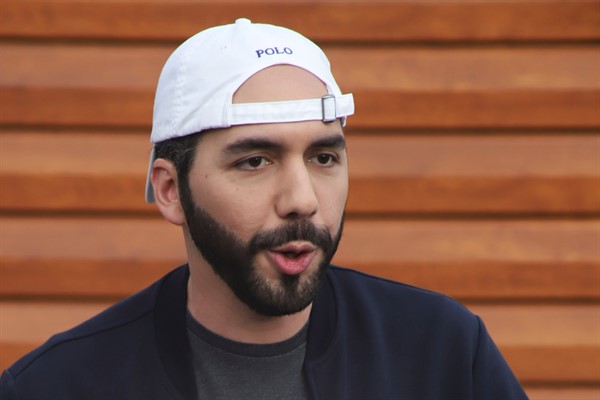If we ever need evidence of how corruption and incompetence can roll out the red carpet for authoritarianism, the people of El Salvador and its president, Nayib Bukele, are offering a real-time case study. Bukele is steadily tightening his grip on all the levers of power, and the vast majority of Salvadorans are cheering him on.
The latest leap toward potential tyranny occurred this weekend, when Bukele brought to heel the last of the three branches of government that remained outside his control. His move to replace the members of the Supreme Court raised cries of alarm from the international community—but the faintest of complaints at home.
It’s quite likely that someday in the future, Salvadorans will regret having placed so much trust in the self-assured hipster who is now operating with unlimited power and without any checks and balances. But for now, Bukele, the former ad agency executive turned mayor of San Salvador, remains popular two years after his dark horse presidential election victory. That might not be so surprising in a country rife with corruption and violence, where three of the past four presidents have faced criminal investigations and prosperity has remained elusive for the bulk of the population.

